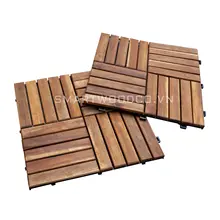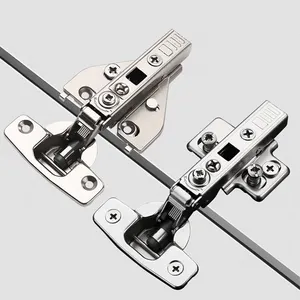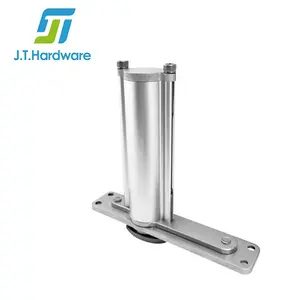A self-closing hinge, also known as a self-closing door hinge or an automatic closing hinge, is a type of hinge that is designed to close a door automatically after it has been opened. These hinges have a built-in mechanism that uses springs or other mechanisms to create tension and force the door to return to a closed position when it is released.
Applications of self-closing hinges
Self-closing hinges have a wide range of applications in various settings. Residential Doors: Self-closing hinges can be used on interior and exterior doors in residential settings. The self-closing door hinge is particularly useful for doors leading to high-traffic areas, such as the kitchen or children's playroom, where it's important to keep the door closed for safety or noise control. Commercial Buildings: Self-closing hinges are commonly used in commercial buildings, such as offices, schools, hospitals, and retail stores. They help ensure that doors leading to public areas, corridors, or fire exits automatically close, maintaining security, privacy, and fire safety. Public Facilities: Self-closing hinges are often installed in public facilities, including government buildings, libraries, community centers, and recreational facilities. They help regulate access and improve security by ensuring that doors close behind individuals as they enter or exit.
Fire-rated Doors: Self-closing hinges are an essential component of fire-rated doors. These doors are designed to prevent the spread of fire and smoke in the event of a fire. Self-closing hinges ensure that fire-rated doors close and latch automatically, helping to contain fire and protect occupants. Cabinet Doors: Self-closing hinges are commonly used on cabinet doors, particularly in kitchens and bathrooms. Self-closing cabinet hinges allow cabinet doors to close gently and quietly, preventing them from being left ajar and providing a clean and organized appearance. Gate and Fence Doors: Self-closing gate hinges can be installed on gate and fence doors easily to ensure that they close and latch automatically. This hinge helps maintain privacy, security, and control access to a property.
Maintainence of self-closing hinges
Proper maintenance of automatic door closer hinge is essential to ensure their smooth operation and longevity. Here are some maintenance tips for self-closing hinges: Keep the hinges clean by wiping them with a soft, damp cloth to remove dust, dirt, and debris. Apply a lubricant to the moving parts of the hinges, such as the pivot points and springs, to reduce friction and ensure smooth movement. Use a lubricant specifically designed for hinges, such as a silicone-based or graphite lubricant. Regularly inspect the hinges for any loose or worn-out parts. Tighten any loose screws or hardware using a screwdriver. If there is notice of any damaged or worn-out components on the auto close door hinge, such as springs or pivot points, consider replacing them to maintain great functionality.
If the self-closing hinge is not closing the door properly or is closing too forcefully, people may need to adjust the tension. Consult the manufacturer's instructions for the specific hinge model to determine how to adjust the tension. Some hinges have tension adjustment screws that can be tightened or loosened to achieve the desired closing force. Periodically test the closing action of the door closer hinge to ensure it is functioning correctly. Open the door fully and release it to observe if it closes smoothly and securely. If there are noticeable squeaking or noisy hinges, it may indicate the need for lubrication or tightening of loose screws. Apply lubricant to the pivot points and moving parts of the hinge to reduce friction and noise. If the noise persists, check for any worn-out or damaged components that may need replacement.










































 浙公网安备 33010002000092号
浙公网安备 33010002000092号 浙B2-20120091-4
浙B2-20120091-4